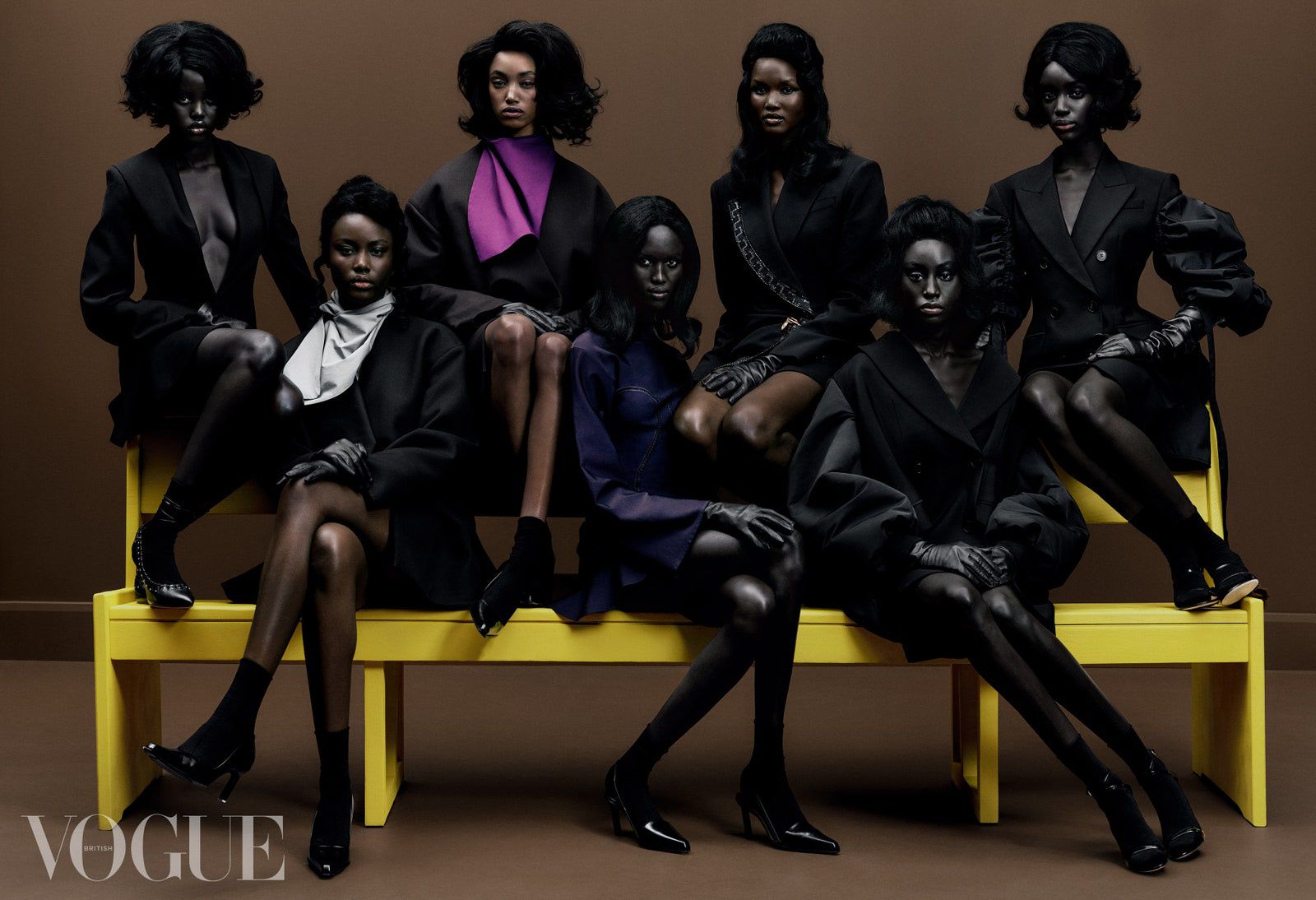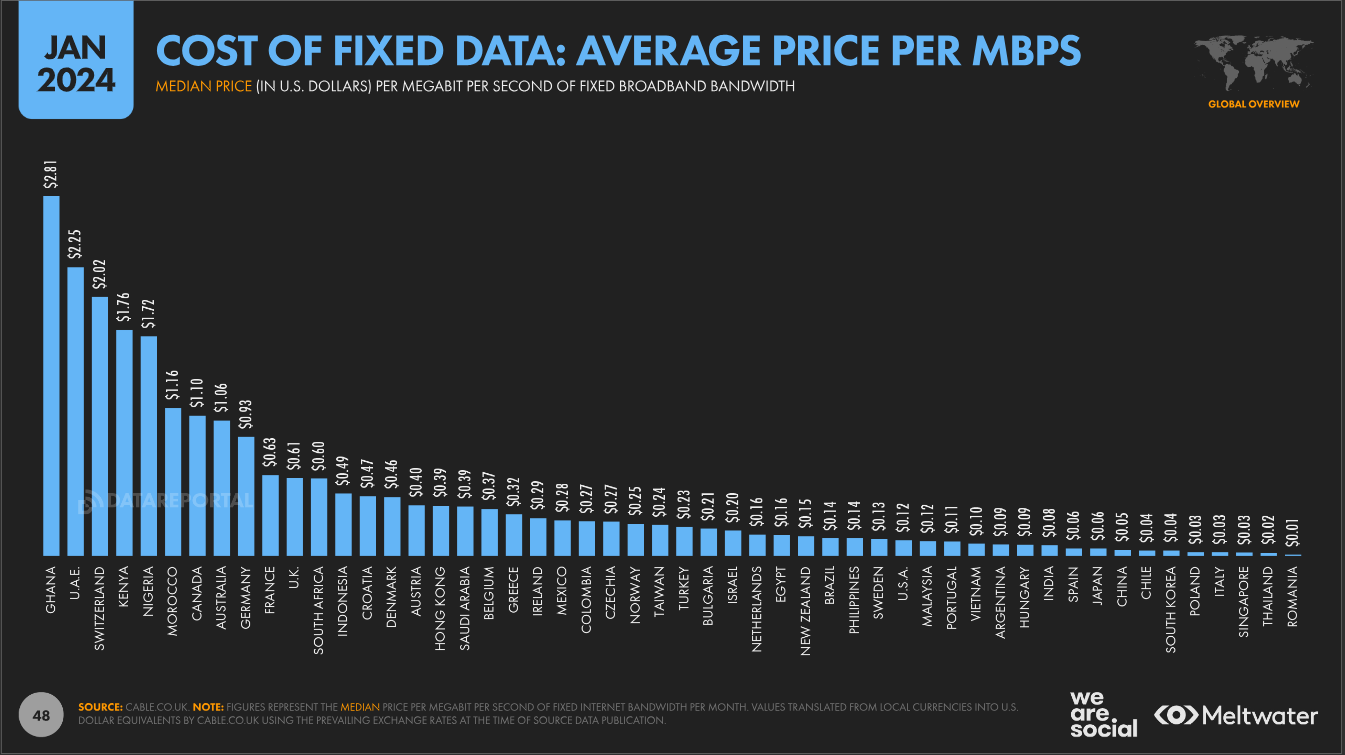
Africa, often referred to as the cradle of humanity, boasts an unparalleled diversity in cultures, languages, and physical attributes.
Among these, the richness of skin tones stands out, with certain regions home to populations possessing the deepest, most melanin-rich complexions. This article delves into the African countries where the darkest skin tones are prevalent, exploring the interplay of genetics, environment, and cultural pride.
10. Tanzania
Tanzania is home to over 120 ethnic groups, including the Sukuma, Chaga, and Maasai, many of whom exhibit deep, dark skin tones.
ALSO READ: People with darker complexions have these advantages over those with lighter skin
The country's equatorial location results in high UV exposure, contributing to the development of high melanin levels among its inhabitants. This melanin provides natural protection against the sun's rays and is a defining feature of the Tanzanian population.
9. Nigeria
Nigeria, Africa's most populous nation, boasts a rich tapestry of ethnic groups such as the Yoruba, Hausa, and Igbo. Many Nigerians have very dark skin, a trait common in West Africa.
The high melanin levels found in the population are well-suited to the region's sunny climate, offering protection against UV radiation and contributing to the diverse beauty standards within the country.
8. Rwanda
In Rwanda, ethnic groups like the Hutu, Tutsi, and Twa often have dark skin tones. The country's high altitude and significant UV exposure influence the skin pigmentation of its population.
Dark skin in Rwanda is not only a result of environmental factors but also a reflection of the nation's rich cultural heritage and history.
7. Kenya
Kenya's diverse ethnic landscape includes groups such as the Kikuyu, Luo, and Maasai, many of whom possess deep, rich skin tones.
The country's varied climates, from coastal regions to highlands, expose its people to high levels of UV radiation, which has influenced the prevalence of darker skin tones as a natural adaptation.
READ ALSO: 5 fruits that can make your dark skin glow
6. Zimbabwe
Zimbabwe's population comprises ethnic groups like the Shona and Ndebele, many of whom have dark skin tones. The country's climate, characterized by high UV radiation levels, has contributed to the predominance of deeper skin colors among its inhabitants.
This pigmentation offers protection against the sun and is an integral part of Zimbabwean identity.
5. Uganda
Uganda is home to various ethnic groups, including the Baganda, Basoga, and Banyankole, who often have very dark skin. The country's equatorial location results in intense UV exposure, influencing the high melanin levels observed in its population.
This adaptation not only provides sun protection but also plays a role in the nation's cultural expressions and traditions.
4. Malawi
Malawi's major ethnic groups, such as the Chewa and Yao, generally have deep, dark skin tones. The country's tropical climate and substantial UV exposure have led to the development of high melanin levels among its people.
This pigmentation serves as a natural defense against the sun and is a characteristic feature of Malawian communities.
3. Ghana
Ghana is home to a variety of ethnic groups, including the Akan, Mole-Dagbani, and Ewe, which have varying skin tones. Many Ghanaians have very dark skin, a common trait across the West African region.
The high melanin levels found in the population are well-adapted to the region's sunny climate, offering protection against UV radiation and contributing to the nation's rich cultural tapestry.
READ ALSO: 5 reasons ‘soft life’ isn’t just for women — Men deserve it too
2. Senegal
In Senegal, the skin tones of the population range from medium to very dark. Ethnic groups such as the Wolof, Serer, and Toucouleur exhibit a broad spectrum of dark skin tones.
The high melanin levels in the skin are well-adapted to the region's sunny climate, providing natural protection and playing a significant role in Senegalese cultural identity.
1. South Sudan
South Sudanese people often have some of the darkest skin tones in Africa. This is attributed to the region's high levels of melanin, which provides protection against intense UV radiation. The country's diverse ethnic groups, including the Dinka, Nuer, and Shilluk, each contribute to this characteristic. In South Sudan, dark skin is not only a biological trait but also a celebrated aspect of beauty and cultural pride.
This ranking highlights the profound connection between skin pigmentation, environmental factors, and cultural identity. The prevalence of dark skin tones in these countries is a testament to human adaptation and the rich diversity found within the African continent.
Read Full Story




















Facebook
Twitter
Pinterest
Instagram
Google+
YouTube
LinkedIn
RSS